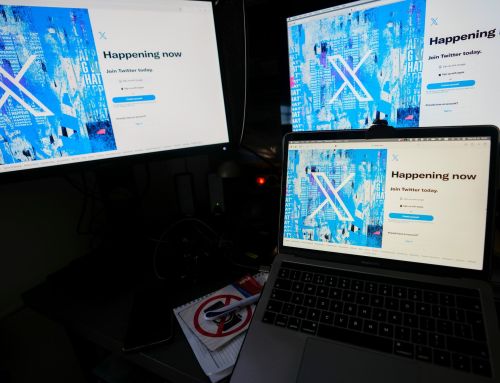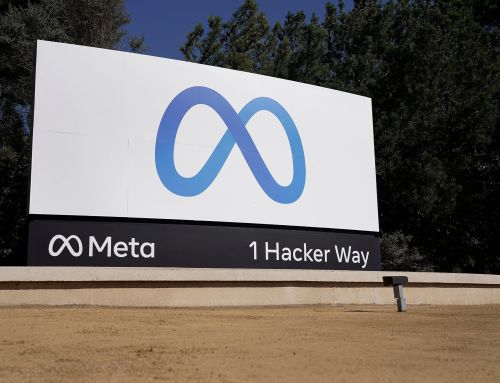After a turbulent year in 2022, the global tech sector will be hoping for calmer times in 2023 – but that might be wishful thinking.
Elon Musk’s controversial ownership of Twitter remains unpredictable and uncertain, with a new chief executive supposedly to be parachuted in; the Online Safety Bill is still to complete its passage through Parliament amid concerns it is being watered down, and the general economic climate remains unsteady.
Here is a closer look at some of the key developing stories to keep an eye out for over the next 12 months.
– Elon Musk’s Twitter ownership
After several turbulent and controversial months as Twitter’s chief executive as well as its owner, Elon Musk has said he will look to pass on the day-to-day running of the platform to someone else, once he finds someone “foolish enough” to take on the job.
It means the social media giant heads into 2023 shrouded in uncertainty after months of damaging headlines about Mr Musk’s management of the platform and wider company.
The saga has seen advertisers pull back from Twitter, and even Tesla’s share price has taken a hit as confidence in Mr Musk in general has fallen during his chaotic Twitter tenure.
Commentators have suggested that not much would change if and when a new chief executive comes in as they would ultimately answer to the Tesla boss, but another person within the decision-making process could help steady the ship and reassure stakeholders.
Analysts have argued that something needs to change, and soon, if Mr Musk is to get the company on track – and 2023 is likely to see more substantial changes at Twitter.
– Online Safety Bill
Now more than five years after first being proposed, the Online Safety Bill is still to become law and introduce regulation to the biggest social media platforms.
The Government has said it hopes to pass the Bill soon, meaning it is likely to complete its parliamentary passage in 2023.
But what will the final version of the Bill that makes that journey look like? It has already been substantially realigned by new Culture Secretary Michelle Donelan, who removed the controversial “legal but harmful” duties and replaced them with requirements on firms to allow users to filter out more content they didn’t want to see.
But some campaigners have argued that the rules have now been watered down too much and will fail to provide adequate protections from online harm to internet users.
Further amendments could still appear to try and provide more balance and clampdown more on harmful online content, and the Bill could even be delayed further if the debate intensifies again.
The only thing all sides seem to agree on is the Bill must pass in 2023.
– Ongoing economic uncertainty
The economic climate of 2022 is unlikely to disappear as we head into the new year, and that means potentially more difficult choices for tech firms hit by rising costs and falling revenues as advertisers and consumers spent less.
Thousands of jobs were cut in the last 12 months across the sector at Meta, Twitter, Snapchat and Microsoft as a result.
One company to keep a particular eye on is Meta – parent company of Facebook, Instagram and WhatsApp – which is in the unique position of also spending billions of dollars trying to build the metaverse just as the economic crunch hit.
The metaverse push is a personal project of Facebook founder Mark Zuckerberg, who has redirected the company’s focus to the metaverse because he believes it will form the basis for the next version of the internet.
But if the economic winds continue to blow strongly against Meta, a time may come when the company and Mr Zuckerberg have to rethink the multi-billion dollar investment into the scheme each year the company is currently planning.
If that happens, Meta may be looking to redefine what it is as a company, once again.
– Competition watchdogs taking on tech giants
Competition regulators around the world have become increasingly bold in recent years in their attempts to take on the biggest names in the tech sector.
The UK and EU have ongoing investigations into Google and Apple’s app stores and ecosystems over concerns they promote their own services over rivals.
Meanwhile mergers and acquisitions are being increasingly scrutinised – a verdict on Microsoft’s proposed takeover of Activision Blizzard should come early in 2023.
And Elon Musk has joined the ranks of business owners to criticise the commission fees charged by app store operators to developers, bringing a long-rumbling story back to the front of many regulators minds.
This new confidence among regulators is being aided by more laws being passed around the world to help regulation catch up with the digital age and digital economy.
It looks like this newfound determination to crack down on the biggest names in tech is likely to continue into the new year.






